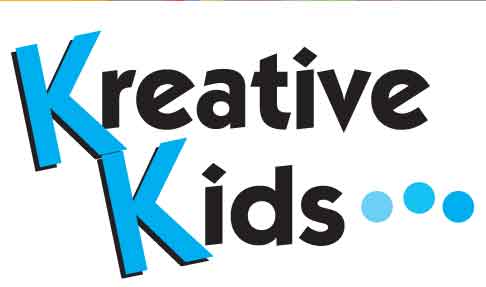



New City, NY For over 29 years, Kreative Kids has provided a nurturing and fun-filled toddler/nursery program where classes are kept small for individualized atten...

Closter, NJ At Lindgren Nursery School it is our mission to engage young children in direct and meaningful experiences with the natural world and other people. We...

Nanuet, NY BACH TO ROCK is a music education center for students of all ages. Our unique method is based on the knowledge that students learn best when they join...

New City, NY Blending Korean culture and philosophy with traditional Taekwondo, Master Jung & Master Yu's school offers unique martial arts training. Our goal is t...